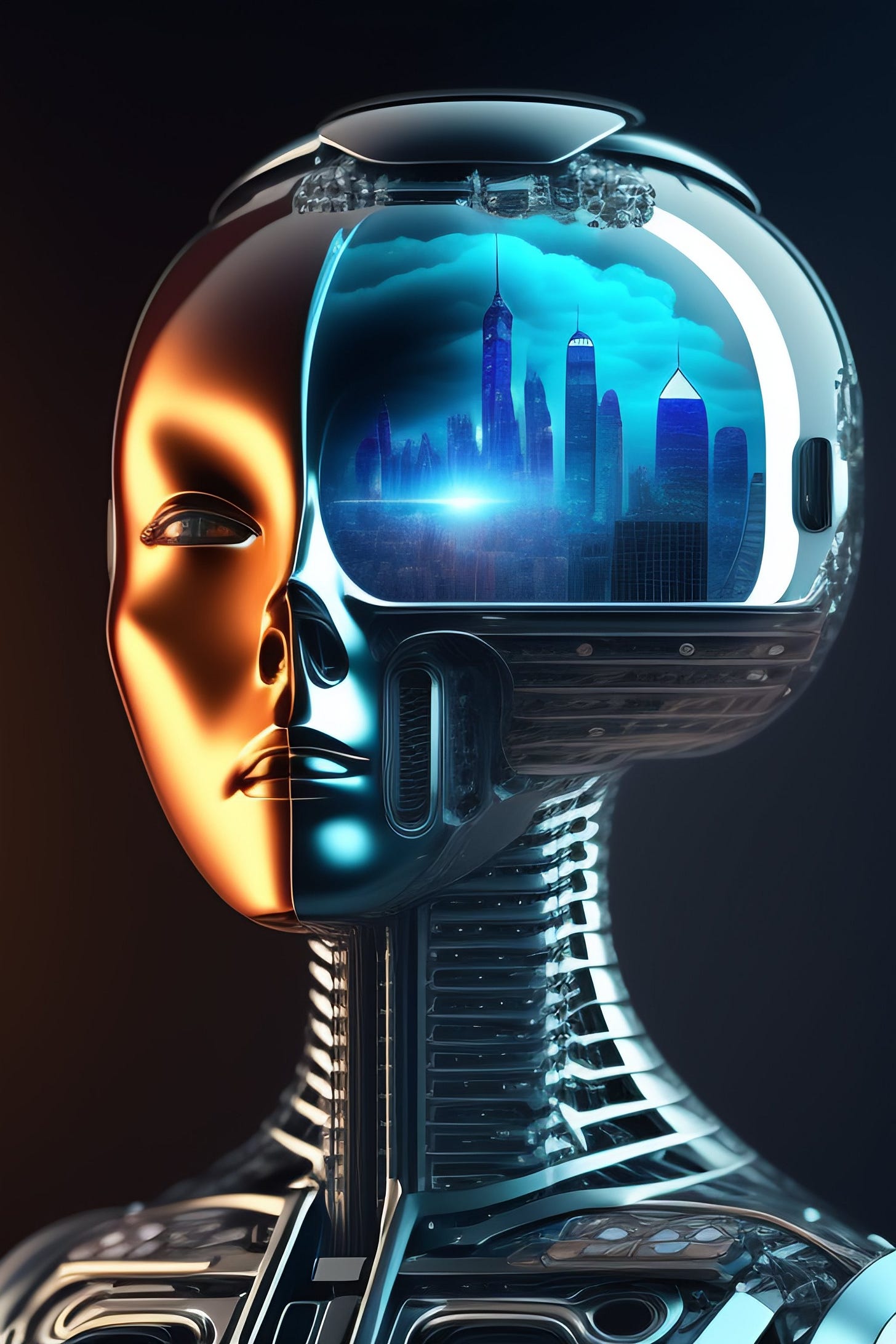What Will Happen If We Don’t Regulate AI Now
We have tried this before

Open-source purists, tech insiders, and many others have argued: don’t regulate artificial intelligence (AI) now. They don’t want to hurt innovation. Some have even argued there isn’t an AI industry to regulate yet.
But this ignores the history of just about any nascent industry. Let alone one with the potentials of AI. In…
Keep reading with a 7-day free trial
Subscribe to PolisPandit to keep reading this post and get 7 days of free access to the full post archives.

